Idk, i'd want to see the balance sheet on the costs of auto-immune disorders vs the cost of carrying a parasite burden.
I've heard somewhere that part of the immune system specialized for combatting parasites might go haywire and trigger auto-immune issues in some people when the population has very low or no parasite burden. I wonder if we could, idk, find some way to isolate a protein from parasites that would keep that sub-sytem busy and reduce the risk of autoimmune problems? Of course it might all be woo, or I just read it wrong.
No you’re remembering it right, it’s called the Hygiene Hypothesis
https://en.m.wikipedia.org/wiki/Hygiene_hypothesis
As far as isolating a protein from parasites it’s not a bad thought, but part of the “benefits” of helminth infection are probably due to active immunomodulation that they engage in to hide from the host immune system. You probably need the living worms, but we don’t know for sure.
Getting infected with hookworms does seem to reduce autoimmune symptoms in people with existing disease, which is really interesting. https://en.m.wikipedia.org/wiki/Helminthic_therapy
wow. This just changed my outlook.
MS and Asthma are bougie decadence and people who have them are deserving of ridicule. (this is a joke)
Allergies and autoimmune diseases are considered diseases of affluence by some epidemiologists.
Asthma is a tricky one because it can be increased by exposure to environmental pollutants. One of the easiest ways to develop asthma is by inhaling cockroach feces, something that affluent people have an easier time avoiding.
Unlike all you affluent bourgeois white western leftists I don’t have allergies which means my takes are untainted and should be listened to without argument
Me with MS:

Though MS is actually potentially caused by Epstein-Barr virus, the same virus that causes mono.
MS sucks, I’ve got RA but I have friends with MS. Im sorry you have to live with that bullshit.
y'know, I never know what new unhinged turn my belief system will take when I open this website. Apparently today it's "wow, I'm glad I got pinworms as a kid"
'Autoimmune disorders' just means they're parasitising themselves.
Didn't you hear? It sunk beneath the waves after the last volcanic eruption, blow'd the whole place to smithereens.
https://lemmygrad.ml/c/alwaysthesamemap
Show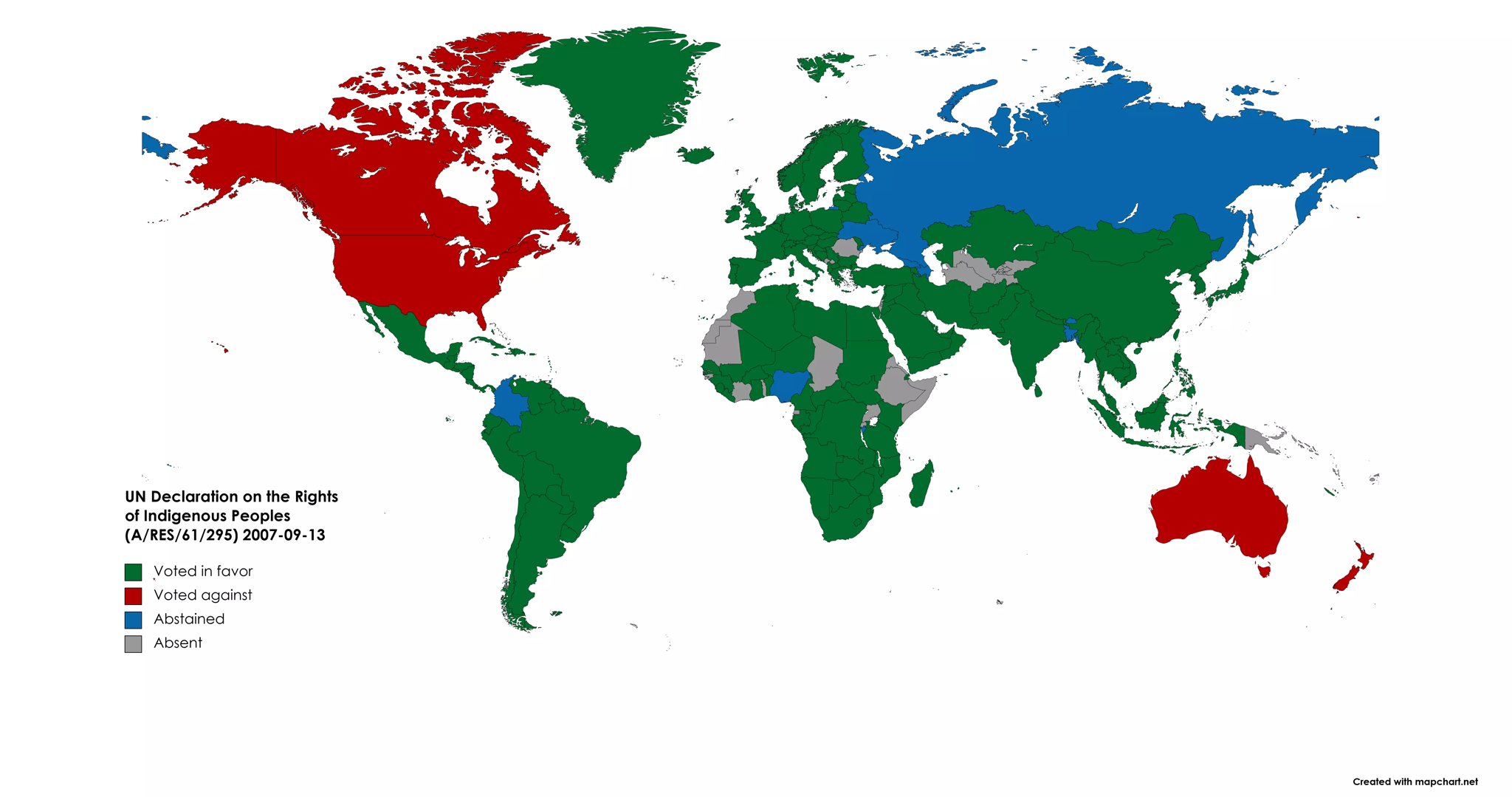 Show
Show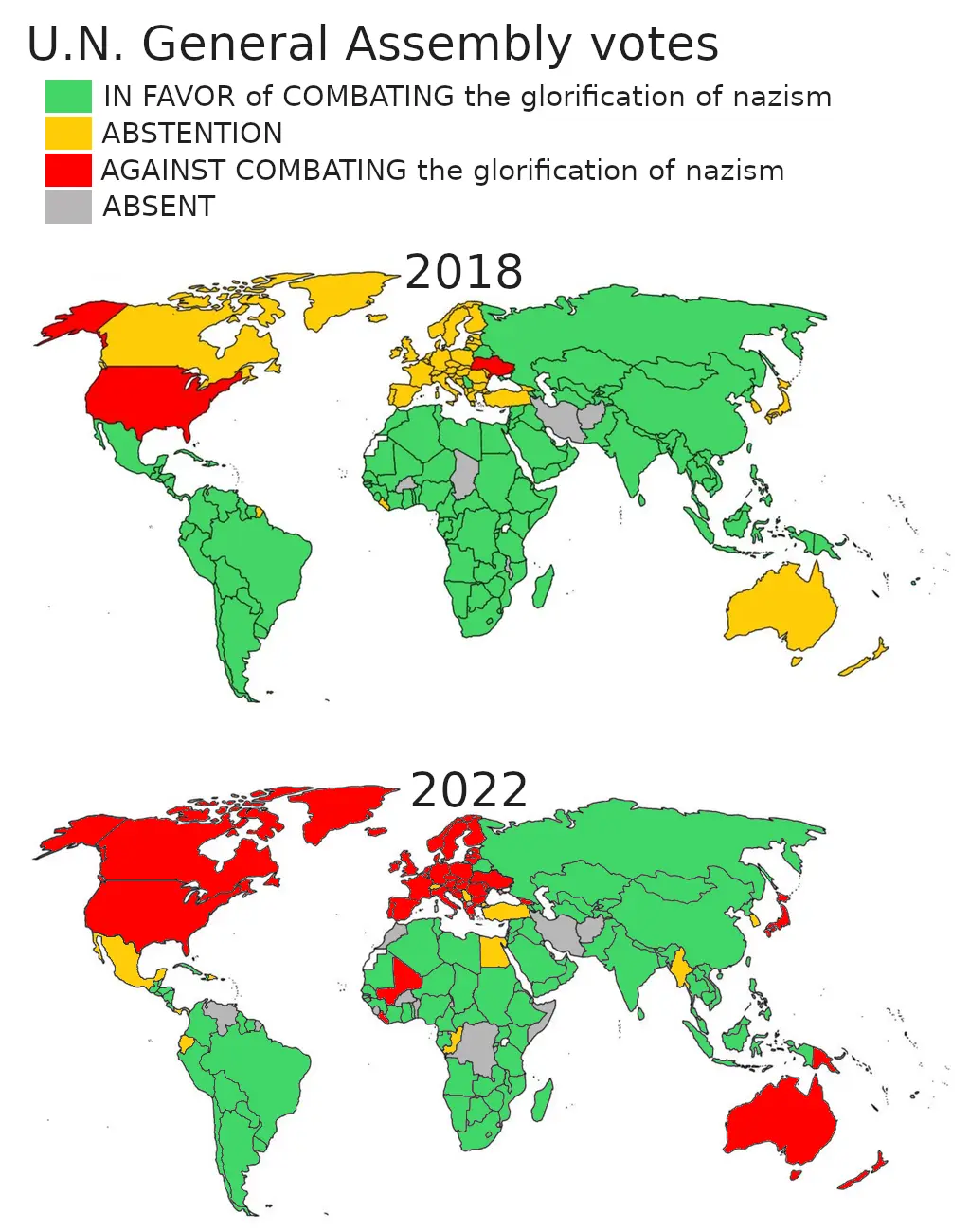 Show
Show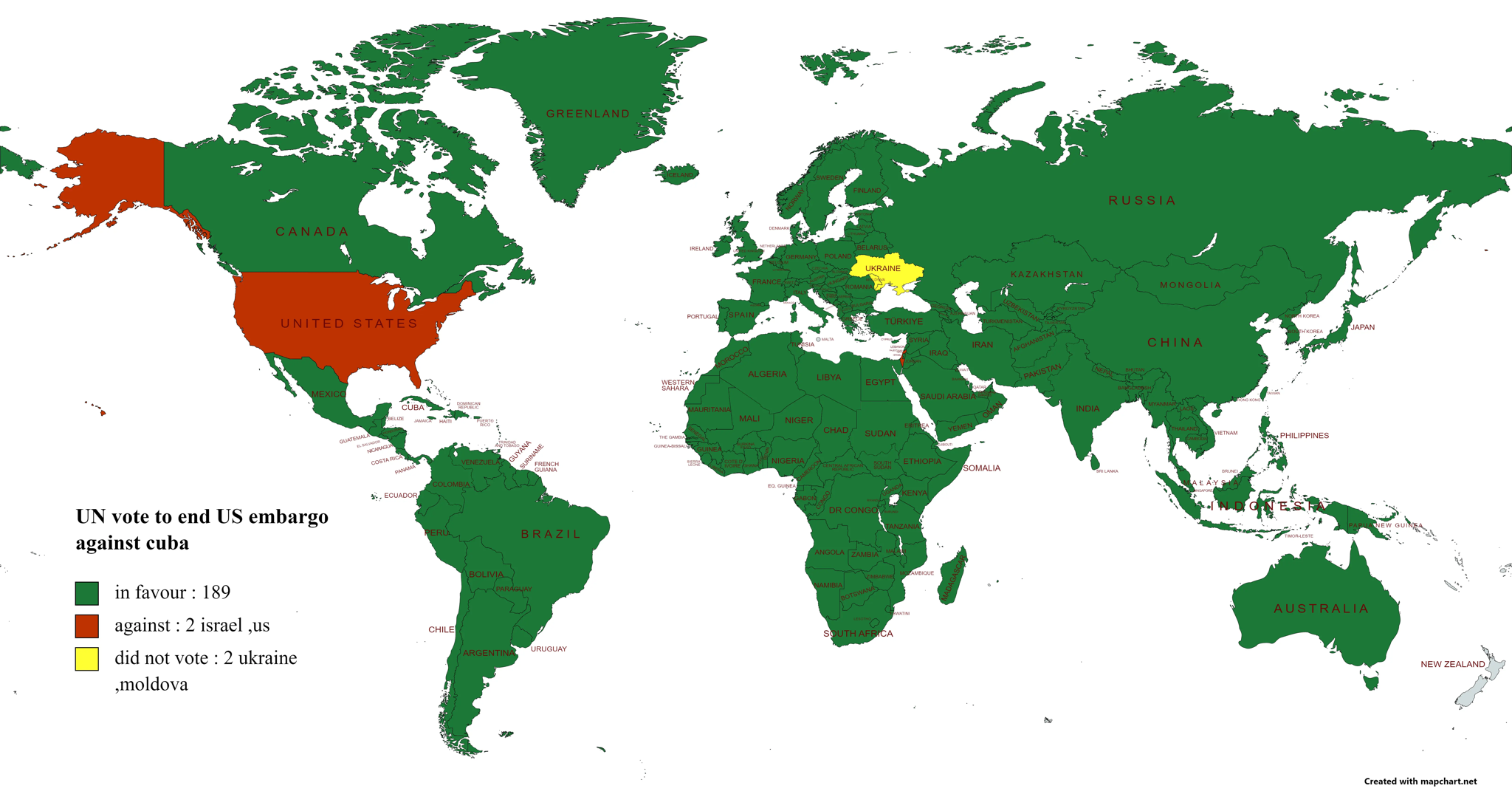 Show
Show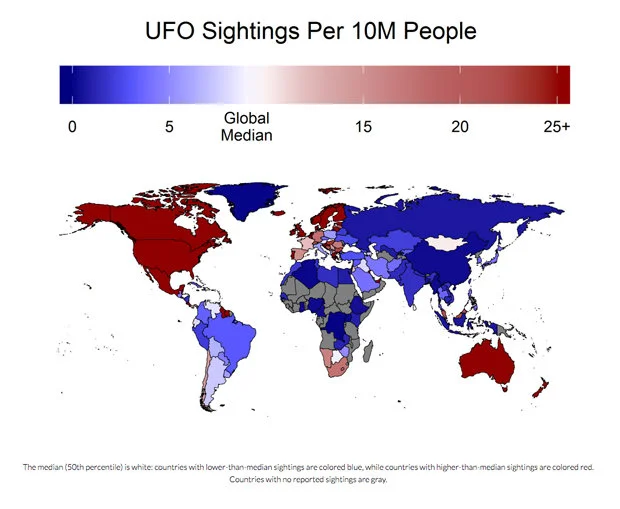 Show
Show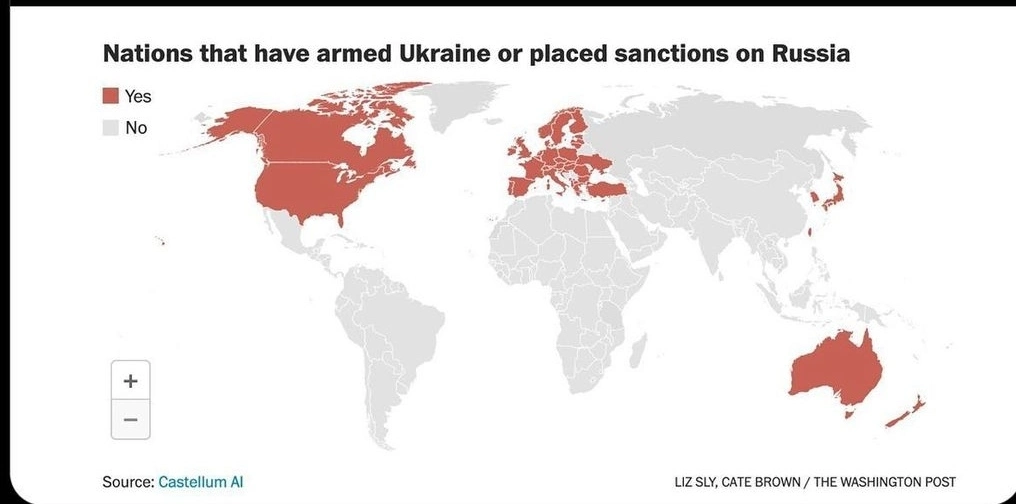 Show
Show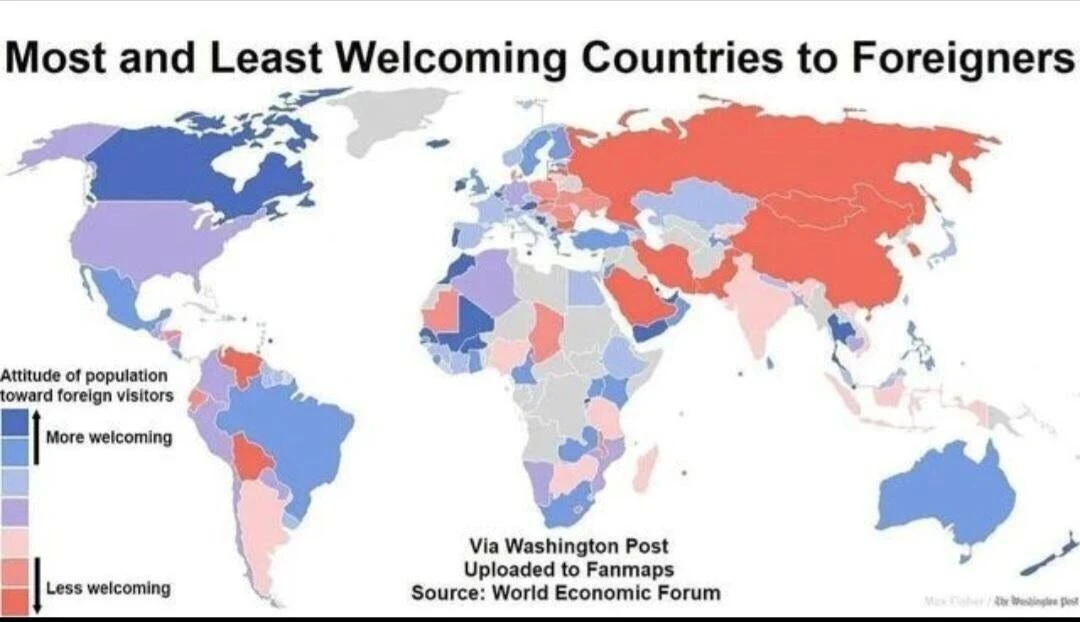
god damn i hate how webp and webm don't work on my device half the images i pasted didn't appear lmao
Western Russia stays winning.
Edit: I got my east and west mixed up. hahaha
there's no "winning" or "losing." here. the image is saying that you are less likely to get autoimmune disorders if you have parasitic worms. Neither is fun to have lol. Western Russia has more autoimmune, Eastern Russia has more parasitic worms.
Because 70% of the population of Russia lives in the westernmost oblasts around Moscow/Petersburg and probably has a different rate of helminth infestation than the rest of the country, which is sparsley populated and less "developed."












